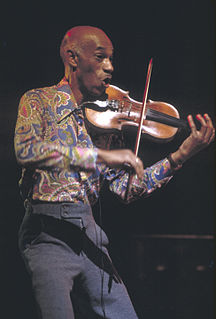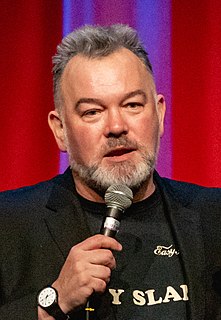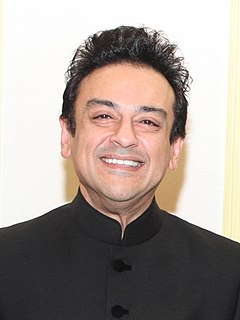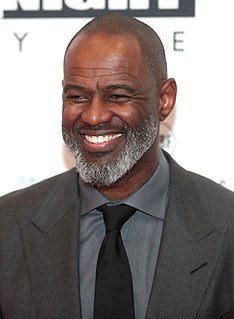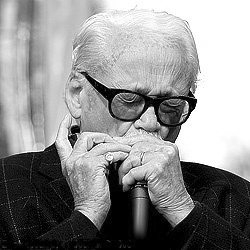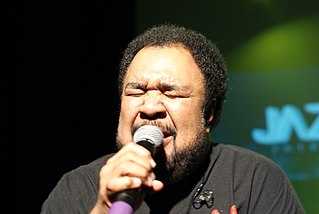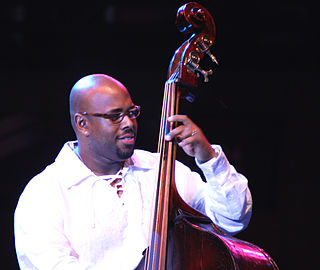A Quote by Sonny Rollins
Many jazz artists go to L.A. seeking a more comfortable life and then they really stop playing.
Related Quotes
I got into playing the jazz. I played jazz for a good while. I did the popular stuff first. You got the "Twelfth Street Rag" and those kinds of things. Then I got to hanging around with a bunch of guys starting to playing jazz. We'd go from one place to the other and take our instruments, just perform for free.
I think festivals are way more easygoing than back-to-back tours are. 'Cause for me, when you get to go to a festival, you get to hang out all day, and you're really taken care of, and there's usually a little artist village where all the artists have their own tents, and it's catered, and then you go and play an hour-long set depending on where you are on the lineup. And then you go back and you hang out and you even get to go watch other artists play. So it's really just a fun interactive experience for everybody.
Of course we've lost so many superstars who've made jazz what it is. We've lost so many musicians who created new things and changed the way we think about music and who took jazz to a new level. So jazz is suffering from that. But we still have a lot of incredible people playing jazz in the world. We have a lot of people leading the way.
I was lucky enough to grow up in an era when radio was less formatted. It was really special. You could hear a jazz song then a pop song then a show tune then some jazz. Basically, whatever the DJ felt like playing, he would play. He was educating you and exposing you to things you would never hear otherwise.
You don't ever really let go, though. You don't stop. You don't stop hurting, you don't stop loving. It doesn't go away, you just keep living and eventually things get pushed into the background of your life so it's not consuming you every day. It still hurts, you still miss that person. And then one day you know you're okay.
In my off-time, I do record. Once in a while, I'll just go into the studio if there's a really good song that I have in my head and want to do. I think, as artists, you're constantly in creative motion. If I stopped writing songs, then that's a part of me that would stop in my life, and I need constant motion.
Not too many songwriters, when they write songs go for broke. When someone does who's really good, it's astonishing. There's a reason a three-minute song can devastate you, or make you get up and dance, stop what you're doing and go, 'What is that?' It just hits you. And it's a very potent thing you're playing around with.

